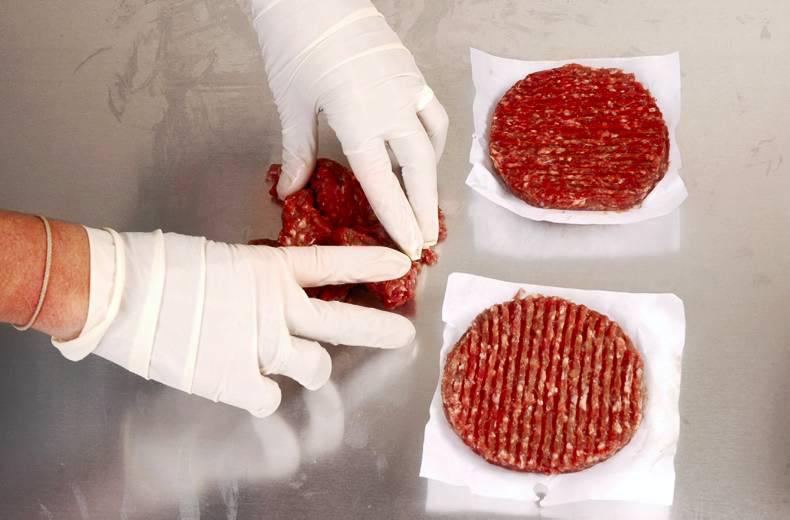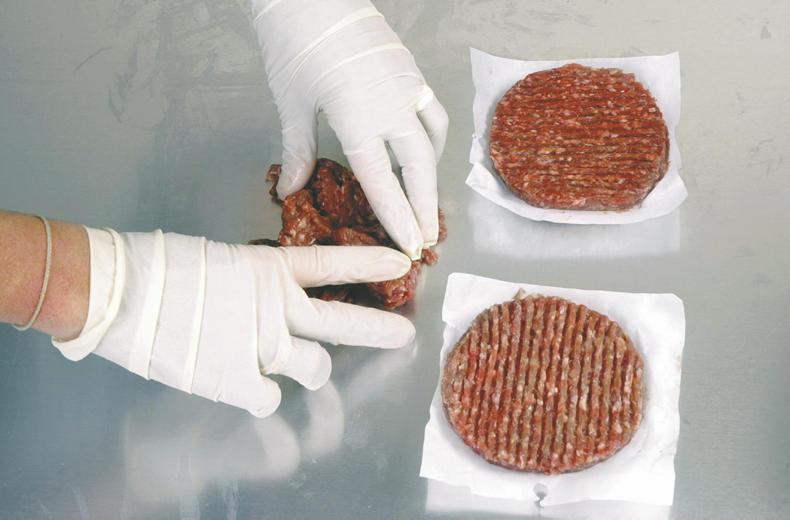Farmers and growers are among the least likely to be blamed for food fraud, a UK study has shown.
The NFU Mutual Food Fraud Report 2017 found that producers are most likely to be blamed for product mishaps by 63% of people, while 20% of people would blame the retailer first.
Food fraud could be costing the UK food industry a colossal £12bn annually.
Distributors/transporters would be blamed by 9% of those surveyed, while only 6% would blame the grower or farmer.
In the research conducted with more than 2,000 consumers, one-third said that they are less trusting of food products and retailers than they were five years ago.
High-profile cases of fraudulent food in the media, such as the horse meat scandal in 2013, are the most common cause of reduced confidence in nearly half of consumers (46%).
The report’s authors said it would be interesting to see how the August 2017 sentencing of Andronicos Sideras, owner of Dinos and Sons Limited, and Ulrich Nielsen and Alex Osler-Beech of Flexi Foods might help improve people’s confidence in the determination and ability of local authorities and organisations such as the UK’s Food Standards Agency to crack down hard on those committing food crime.
The pair were sentenced for masterminding the horsemeat scheme that saw at least 30t of horsemeat passed off as beef.
Police charge 14 people over burger meat scandal in Spain
Report raises fresh concerns around meat labelling in Europe
Jail for two men convicted in horsemeat scandal in UK
Farmers and growers are among the least likely to be blamed for food fraud, a UK study has shown.
The NFU Mutual Food Fraud Report 2017 found that producers are most likely to be blamed for product mishaps by 63% of people, while 20% of people would blame the retailer first.
Food fraud could be costing the UK food industry a colossal £12bn annually.
Distributors/transporters would be blamed by 9% of those surveyed, while only 6% would blame the grower or farmer.
In the research conducted with more than 2,000 consumers, one-third said that they are less trusting of food products and retailers than they were five years ago.
High-profile cases of fraudulent food in the media, such as the horse meat scandal in 2013, are the most common cause of reduced confidence in nearly half of consumers (46%).
The report’s authors said it would be interesting to see how the August 2017 sentencing of Andronicos Sideras, owner of Dinos and Sons Limited, and Ulrich Nielsen and Alex Osler-Beech of Flexi Foods might help improve people’s confidence in the determination and ability of local authorities and organisations such as the UK’s Food Standards Agency to crack down hard on those committing food crime.
The pair were sentenced for masterminding the horsemeat scheme that saw at least 30t of horsemeat passed off as beef.
Police charge 14 people over burger meat scandal in Spain
Report raises fresh concerns around meat labelling in Europe
Jail for two men convicted in horsemeat scandal in UK









SHARING OPTIONS